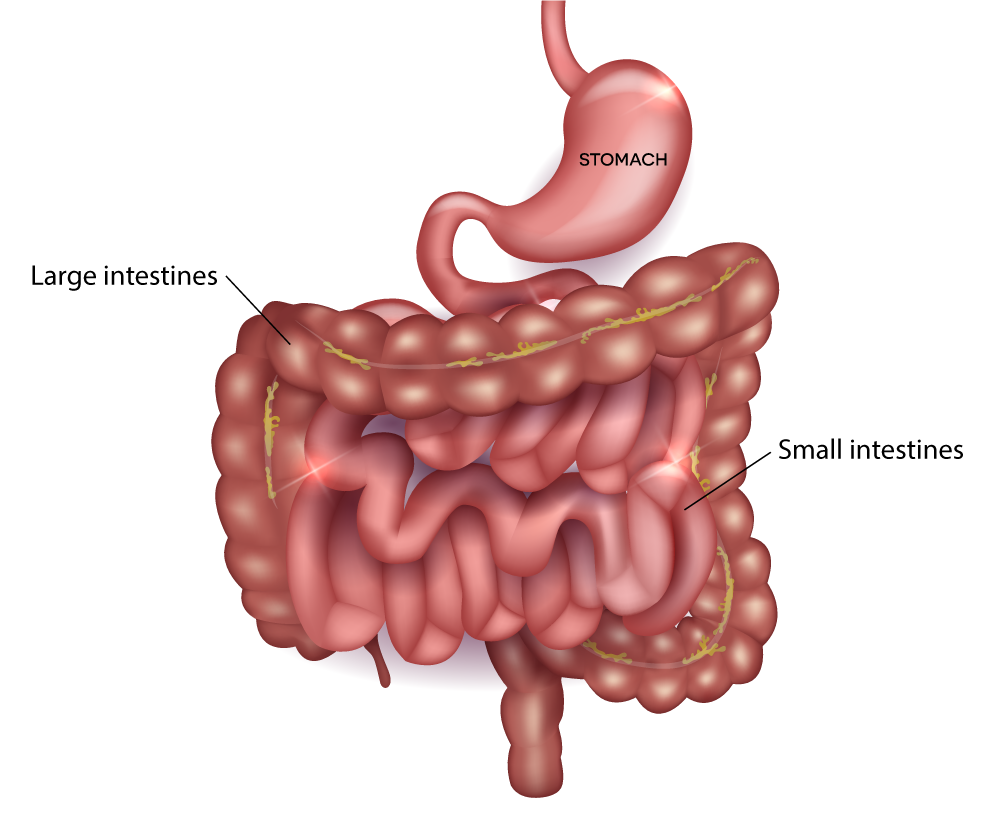Motility refers to the coordinated work of the digestive system muscles. This process is crucial for the normal function of the gastrointestinal (GI) tract. Patients who experience a disruption in this digestive process may have a condition known as dysmotility. If you regularly experience nausea, bloating, vomiting, or malnutrition, you may be a candidate for the treatments offered at our practice. The doctors at Colon and Rectal Surgical Specialists of New York provide discreet, private, and compassionate treatment. Our convenient locations serve patients in East Setauket, Nesconset, NY, and surrounding areas.
In a properly functioning digestive system, liquified foods, digestive enzymes, and other secretions are slowly passed from the stomach to the small and large intestines by waves of muscular contractions. These contractions occur at a steady rate that allows each organ of the GI tract to properly aid in digestion.

Dysmotility refers to problems with the contraction of the muscles that make up the GI tract.
In some individuals, this process can become disrupted, causing poor movement of food from the esophagus to the stomach, chyme (partially digested food and digestive secretions) through the small intestine, or stool through the colon. The patient is then said to be experiencing dysmotility or motility dysfunction. Dysmotility can result from dysfunction in the nerves and muscles, illness, disease, or another health problem. The condition can result in vomiting, diarrhea, and other gastrointestinal problems.
Dysmotility can occur in the esophagus, stomach, small intestine, or large intestine. A few of the more common forms of dysmotility include:
During your examination, one of our doctors will use blood tests, x-rays, motility studies, or biopsies to determine the cause and severity of your dysmotility. If a patient is in distress or extreme discomfort, they may need to be admitted to a nearby hospital for intravenous fluids or decompression of the intestine through the use of a tube placed in the stomach.
With prompt treatment or nutritional changes, even patients with severe cases of dysmotility can begin regaining control over their lives.
Depending on the cause of your symptoms, you may be treated or nutritional guidelines may be given. Some patients may be eligible for surgical resectioning of a portion of their small intestine. Many causes of dysmotility cannot be cured. For those individuals, our doctors will work to manage symptoms through lifestyle and nutritional choices.
To manage symptoms of dysmotility, patients may be advised to:
Regardless of the prescribed treatment, it is important that patients make sure they are consuming adequate calories each day.
With prompt treatment or nutritional changes, even patients with severe cases of dysmotility can begin regaining control over their lives. To schedule your consultation, contact our Nesconset practice online or call us at (516) 844-0248.